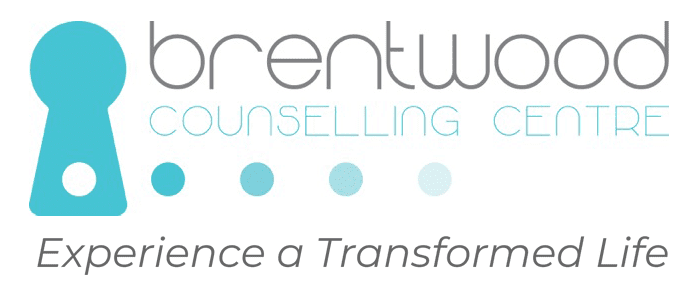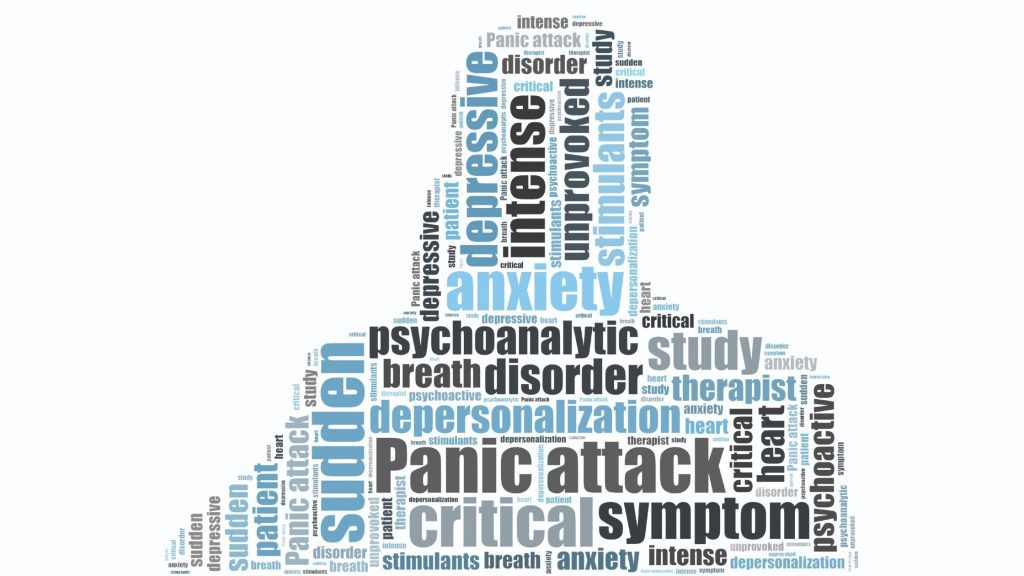Written By: Heather Aikman, MCP, Registered Clinical Counsellor
Panic attacks can happen out of the blue and feel terrifying. They are a sudden and intense fear when there is no clear danger. Panic attacks can be triggered or spontaneous.
Often your heart is racing, you’re struggling to breathe, you feel light headed and dizzy, you have chest pain and a fear of being out of control.
Panic attacks can happen so fast that you feel as though you’re dying, having a heart attack, or going crazy. Generally, they only last 1-10 minutes but afterwards they can leave you feeling exhausted and confused.
Sound familiar? Panic attacks can feel overwhelming but it’s important to know they are NOT dangerous. No one has ever died from a panic attack. You can learn strategies to help you manage them better, reduce their frequency and intensity, and even overcome them.
6 Strategies To Immediately Manage and Overcome a Panic Attack
1. Recognize You’re Having a Panic Attack
By recognizing you’re having a panic attack (with the symptoms described above) you can remind yourself that this temporary, it will pass, and that you’re OK. This can take away your fear that you’re dying or impending doom is looming, and you can focus on strategies to help reduce your symptoms.
Over time, you “reprogram” your brain and body to calm itself down faster.
2. Practice Calm Breathing
Panic attacks can cause rapid breathing and chest tightness which can make your breathing shallow. This type of breathing can make feelings of anxiety and tension worse. Calm breathing involves taking slow, regular breaths through your nose.
Breath deeply from your abdomen and slowly inhale for a count of 4 and slowly exhale for a count of 4. The slowing down of your breathing counteracts the rapid shallow breathing.
Practice breathing exercises when you’re not in a heightened sense of panic. Learning how to breath slow, deep breaths for general relaxation will make it easier to use deep breathing as a coping strategy during an attack.
Consistent practice helps retrain your body to calm down quicker.
3. Repeat a Mantra
A mantra is a word or phrase that provides strength and focus. The mantra can offer reassurance and can be as simple as “This too shall pass” or “I can survive this. I’ve done it before.”
As you focus on gently repeating the mantra, your physical responses will slow, allowing you to regulate your breathing and relax. It also removes the focus from the triggering event or thought and brings you back to the present moment.
4. Focus On an Object
When you become overwhelmed with distressing thoughts, feelings, or memories, concentrating on something in your environment can help you feel grounded.
Notice the colour, shape or texture of the object. By focusing on one thing, you can reduce other stimuli and this can help reduce the negative, physical symptoms you’re experiencing.
Again, you’re gently bringing your focus back to the present moment and away from any triggers. Over time, you’ll be able to reduce panic symptoms quicker.
5. Find a Peaceful Spot
Sights and sounds can intensify a panic attack. If possible move to find a peaceful spot. This could mean leaving a busy room and moving outside.
Sitting in a quiet place will create some mental space for you and allow you to use your other coping strategies.
By reducing stimuli, your mind and body can relax and calm itself down.
6. Learn Your Triggers
Your panic attacks may be triggered by the same thing each time such as enclosed spaces, crowds, or presentations.
By identifying these triggers and recognizing that these fears are often unfounded, you can learn to manage them better and lessen the frequency and intensity of future attacks.
Panic attacks can intensify if you allow your negative thoughts to spiral. Alternatively, they can de-escalate if you remind yourself that these thoughts are only triggered by your fear.
Bonus Tip
Sometimes panic attacks can increase in intensity and frequency leading to Panic Disorder which includes recurring panic attacks with fears of more panic attacks.
When this happens, you may start to shrink your life by avoiding people, places, and activities that you believe will trigger another attack. If this is happening to you, counselling may be a good option to help you better understand your fears/triggers and learn additional coping strategies with the goal of reducing and possibly eliminating future attacks.
With patience, perseverance, and courage, you can overcome your panic attacks!
If you feel the need for additional support, please reach out to our team at Brentwood Counselling Centre.







